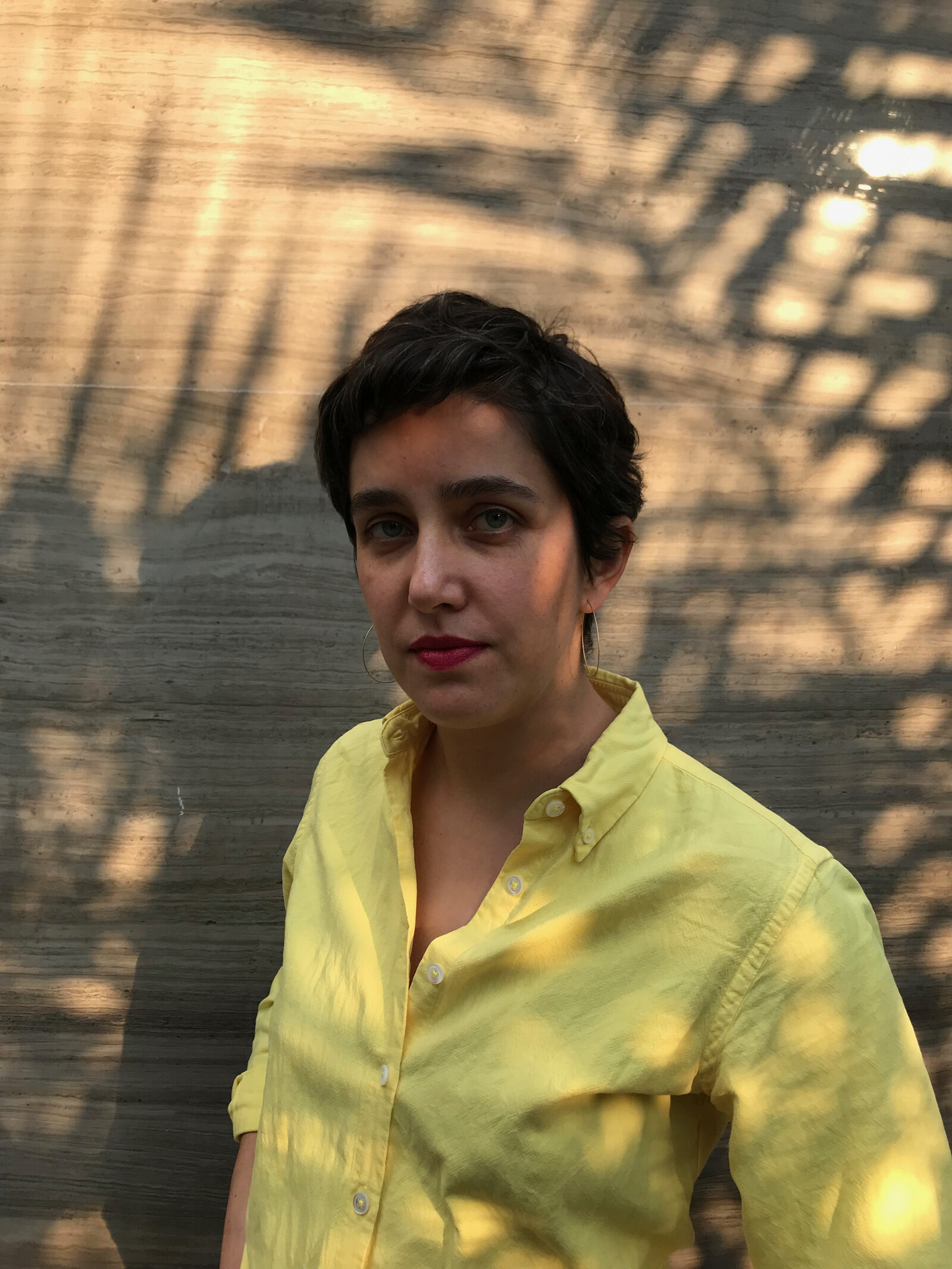Frantzia kalea | Calle Francia, 24
01002 Vitoria-Gasteiz ARABA Spain
T +34 945 20 90 20
artium@artium.eus
The Museum of Contemporary Art of the Basque Country is pleased to announce the appointment of Catalina Lozano to the position of chief curator, working closely with the Collection Department and the Museum’s director.
Catalina Lozano (Bogotá, 1979) has been working extensively in developing contemporary art projects internationally as an independent and institutional curator. She has recently served as Director of Programs in Latin America at KADIST (2020–22) and Associate Curator at Museo Jumex in México City (2017–19). Lozano has curated monographic exhibitions dedicated to artists such as Mariana Castillo Deball, Santiago Borja, Beatriz Santiago Muñoz or Fernanda Gomes, among others. Her projects have been presented at venues such as Pivô, São Paulo; University Museum of Contemporary Art MUAC Museo Jumex and Casa del Lago, in Mexico City; Museum of Modern Art of Medellín; Gasworks and Freud Museum, in London; CRAC Alsace and CAPC Bordeaux. She is the co-curator of the Mexican Pavilion at the Venice Biennale 2022.
Catalina Lozano joins the Museum the year that marks the 20th anniversary of the institution. This year’s program opens with A Place to Think: Experimental Art Schools and Educational Practices in the Basque Country, 1957-1979, an exhibition curated by Mikel Onandia, Rocío Robles Tardío and Sergio Rubira that recovers several educational projects that aimed to create experimental models in the period under review. A set of initiatives whose common denominator was to activate a “place to think” as a space of possibilities rather than following formal or official education. The exhibition is co-produced with the Jorge Oteiza Museum Foundation.
The relationship between experimental educational projects and artistic practice is one of the lines of work of the Museum which includes JAI -Institute of Artistic Practices, a study program that works as a space for the exchange and dissemination of artistic methodologies with a committee formed by the artists Ibon Aranberri, Asier Mendizabal, Itziar Okariz alongside with Catalina Lozano and Oier Etxeberria. This program is co-organized with CICC Tabakalera in San Sebastian.
April sees the opening of the exhibition The Voice of the Valley dedicated to Erlea Maneros Zabala (Bilbao, 1977) that brings together works produced by the artist in the last five years, as well as a survey exhibition by Anna Daučíková (Bratislava, 1950) titled Not Belonging To and In Solidarity With, in which her recent production is linked to historical works. The project includes the participation of the artist Zbynek Baladran.
In June, the museum presents together with the Museo Nacional Centro de Arte Reina Sofía an extensive exhibition titled La peripecia del autómata devoted to the work of Néstor Sanmiguel Diest (Zaragoza, 1949), spanning forty years of artistic practice. The project is to be divided into two simultaneous venues in Madrid and Basque-Country.
Since 2020, the Artium Museoa has been developing a program dedicated to the convergence of between filmic languages and visual arts organized by film curator Garbiñe Ortega. This year’s program includes exhibition projects by: Aura Satz (Barcelona, 1974), Ainara Elgoibar (1975), Ephraim Asili (1979) and Edurne Rubio (Burgos, 1974).



